Originally published at: https://www.naturephotographers.network/articles/on-discipline/
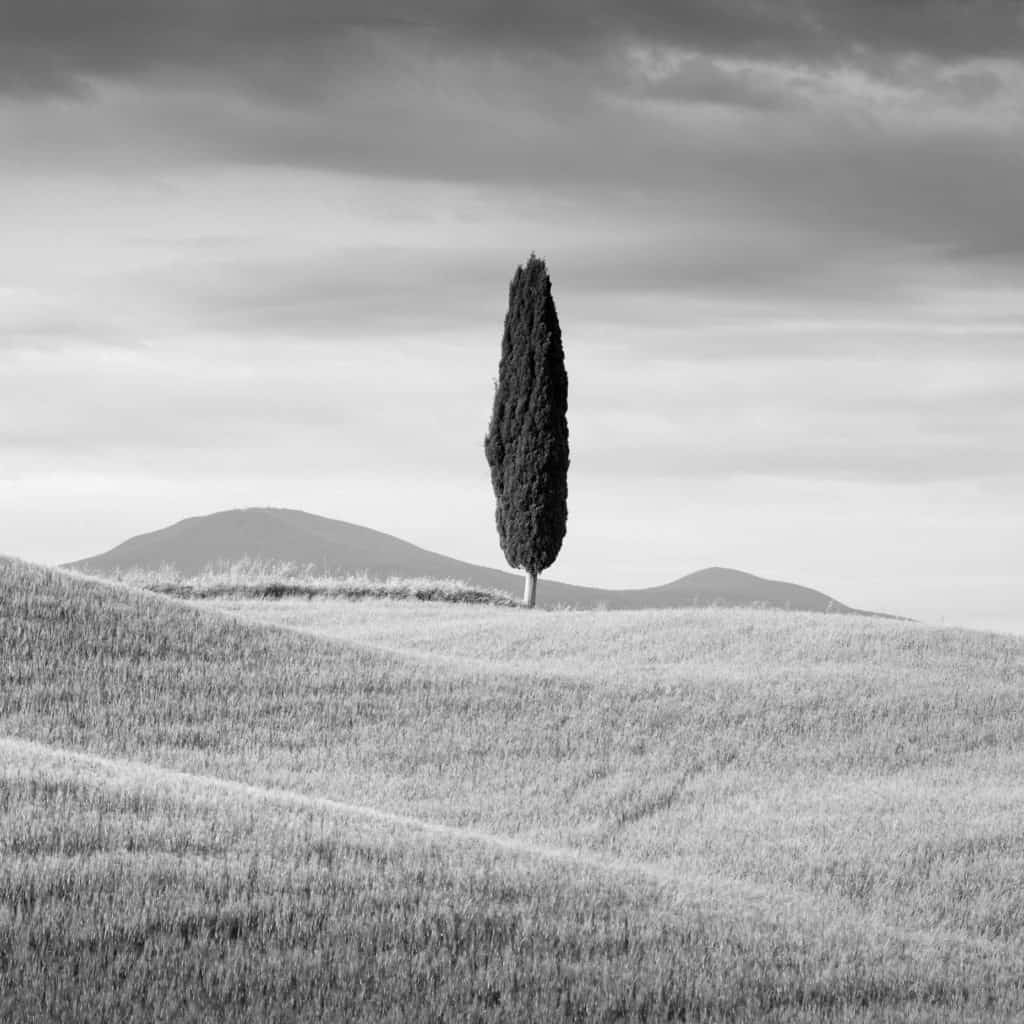
In 2005, as I was approaching my 20th birthday, I was accepted in the very first online animation and cinematography school, called “Animation Mentor”. From California, three veterans from the animation industry, after years of working on world-famous movies, created this school as a practical reply to a simple question: “If we were to start over, how would we want to learn?” The course was divided into 6 classes, with each class corresponding to one trimester. 200 students worldwide, studying from the comfort of their home, were given a Mentor (a highly experienced animator, working in the industry, like the founders themselves) and a rich, intense weekly learning schedule with tons of practical exercises to do and a major submission at the end of each week.
Each Monday, the Mentors would critique the students’ works, which they would then address the necessary changes and turn in a second time, along with the current week’s work, and so on. This structure was designed to simulate a real studio environment with lots of constructive comments from the supervisors to improve student’s work. The teaching was disseminated through a series of weekly live and recorded video lessons. Many of the recorded lessons went beyond the topic of animation and comprehended image composition and color analysis of paintings, illustrations, or movie sequences. Each lesson started with a fragment of an interview of a Mentor.
From one of these interviews, one phrase stuck in my mind and I have found myself thinking about it often since I heard it:
“Discipline is something you do when no one is watching you.”
Cameron Miyazaki, Animator at Pixar Animation Studio
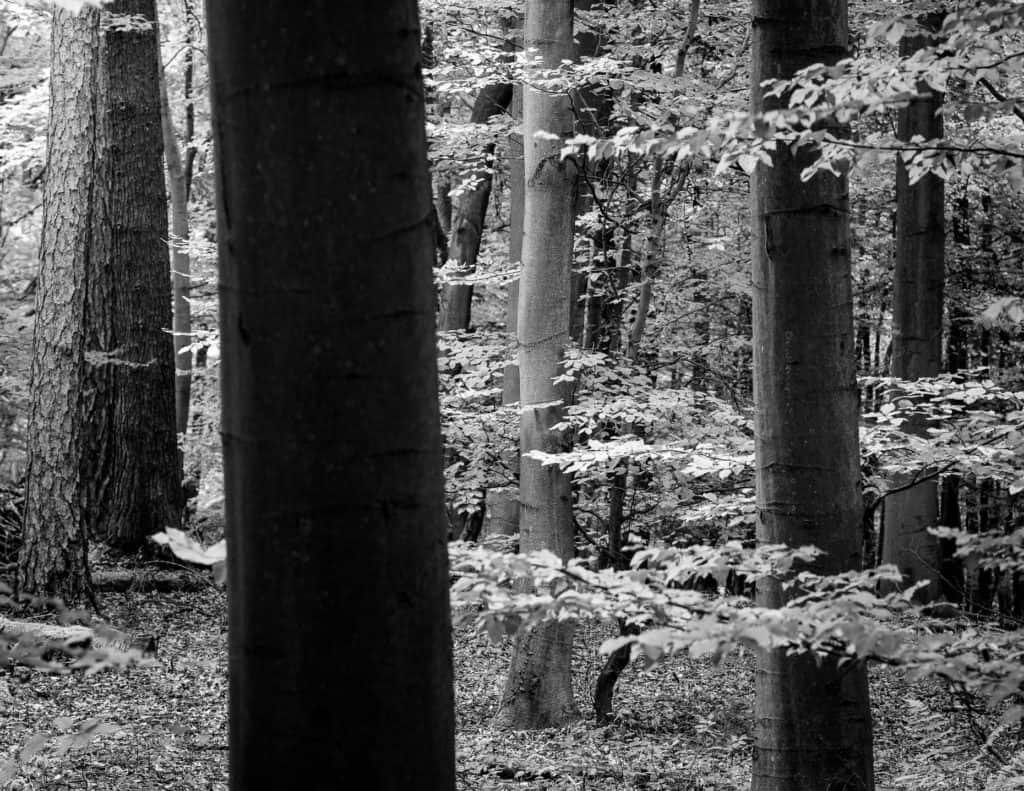
My english was not as good as today, and so I had to rewind and play it again a few times to be sure this is exactly what he said. Furthermore, what made me unsure I heard it correctly, was that I couldn’t understand how that was relevant to animation, my lack of experience preventing me from getting its meaning.
I felt like missing a part of it, like a premise or something, but no, the video would start directly with this line, followed by a fade to black, before the beginning of the lesson.
The more I studied, and later on worked for the following decade as an animator, the more I realized the depth and variety of the meaning that phrase has, both within an artistic pursuit and in life. This phrase also helped me when I made my transition into full-time landscape photography and had to decide how to make it a reality.
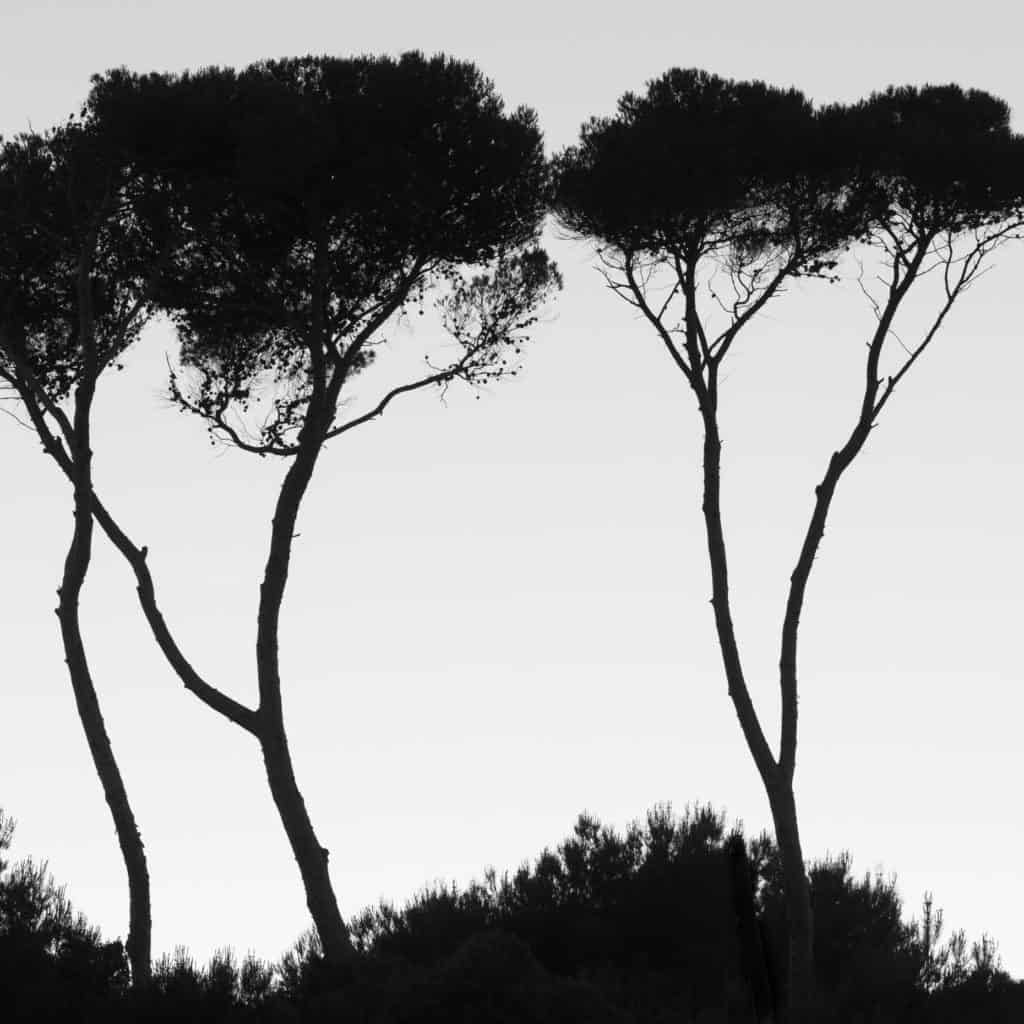
“Discipline is“
Defined by the Merriam-Webster dictionary as “to train or develop by instruction and exercise especially in self-control.”
I have always thought that animation, due to its nature, attracts people who like or strive to acquire a higher level of discipline. It requires long days, weeks, or even months of relentless work to create just a few seconds of good animation (mind you, I said “good” animation, not bad…).
Since this becomes undoubtedly clear very quickly for anyone who approaches it, only those who really care about the craft and who really want to get self-motivated and self-disciplined, will stick with it. The lack of fast gratification or positive feedback from the medium is pretty frustrating at times. If you don’t put in hours of work, it will look like you’ve done nothing at all. Later on, I realized that this is true for any artistic endeavor which is seriously practiced with due diligence and passion.
Photography shares many commonalities with animation in those regards. Sometimes, to get the photograph(s) you want, it may take days, weeks, or even months of consistent work. It is true that with digital photography you get instant visual feedback, but it is also true that reaching a high quality result is a whole different story, and it takes much more than that. If you are not eager to put in the needed work, you will give up, no matter how fast that feedback is.
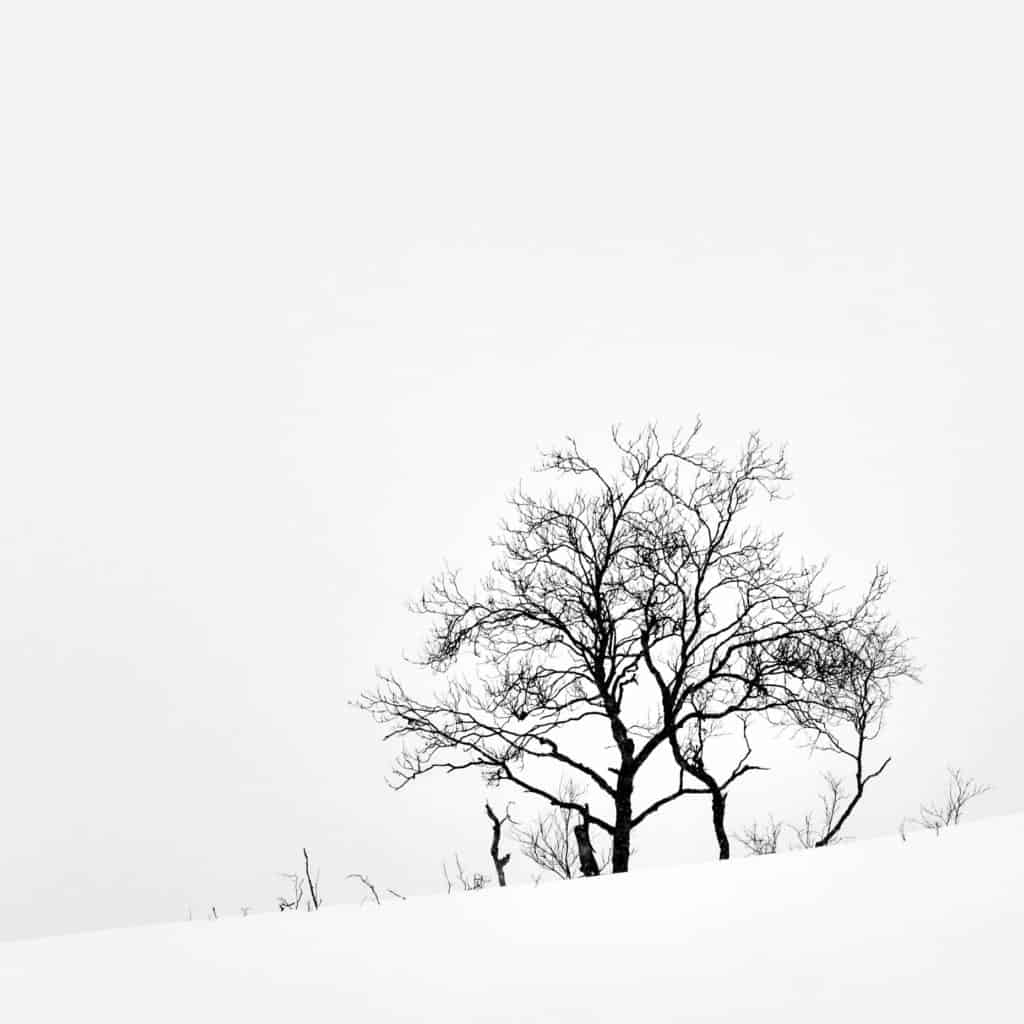
Animation is the kind of craft that demands undivided attention. It is like assembling a huge puzzle but you are also planning and shaping the pieces, before assembling them together. Therefore, if the planning is not spot-on, the execution falls apart. Any attempt to fix it will almost certainly be futile, unless you are willing to go back to the planning stage. So, throughout the entire process, you need to be focused and produce a consistent quality of work. This reminds me of the creating of a photographic portfolio or the exploration of a chosen visual thematic.
To maintain such focus, you need to keep up your motivation and discipline yourself at that. More so, to peacefully accept that the shot is not going as planned, and so that it is better to trash everything and go back to the planning stage, also takes discipline. Just like when photographing in the field, when we realize our initial vision for the image is wrong and we have to fold the tripod, pack-up the camera, and scout a better viewpoint.
As you progress, colleagues and supervisors will drop by your desk and critique your work at any time. Trusting that all the suggested adjustments are about improving the overall final product, and not a detriment to your person, is the key to teamwork. To accept and implement not only the asked changes but, most importantly, the described mindset, takes discipline.
You’ll need to trust others’ opinions and acknowledge their experience. Understand that said experience has been acquired through years of working. If you have not put in the work yourself to build up that experience, it is natural that you are not at that same level of expertise. Realise that you are already very lucky to have such skilled coworkers teaching you their deeper understanding of the craft.
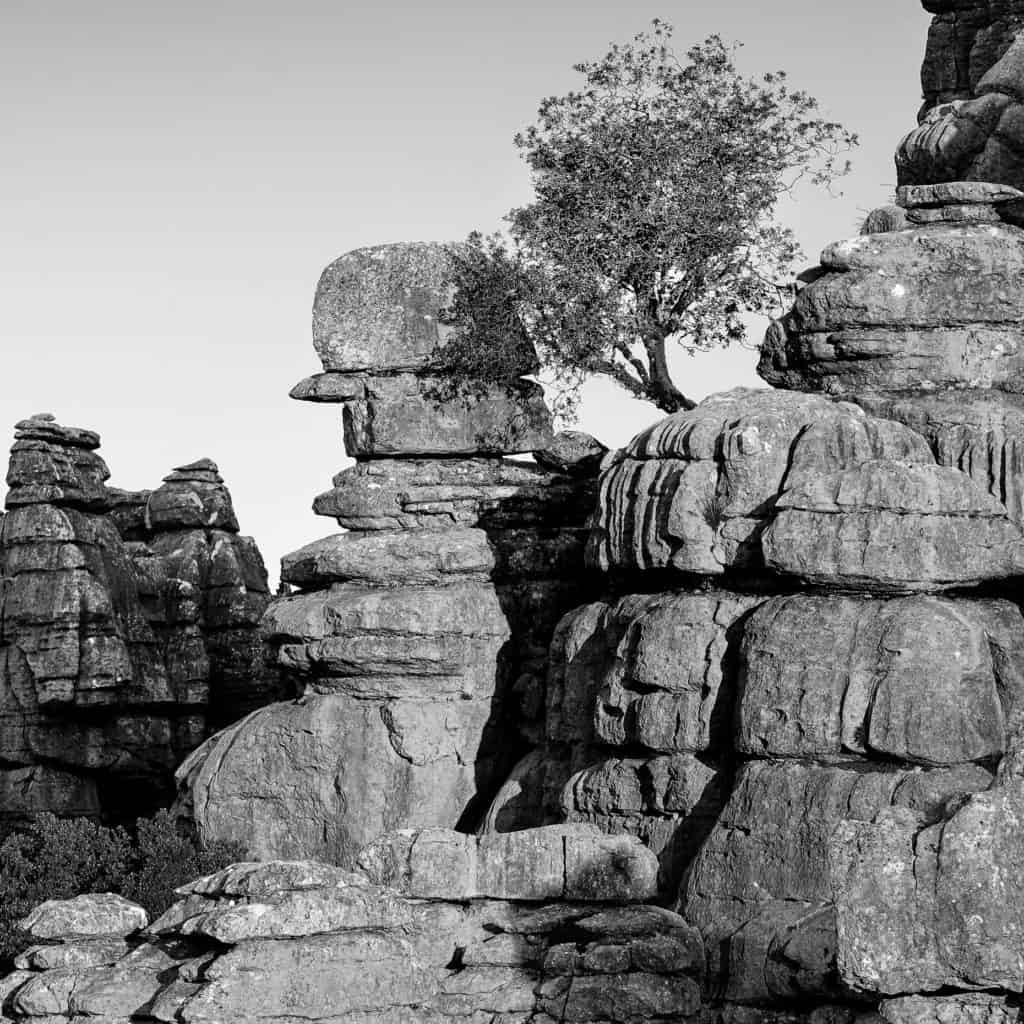
Such facts must ring true to you and solicit your eagerness to learn from your peers, to let those critiques teach you to trust others. Accepting that “you are not a robot, you are human”, therefore “nobody expects you to never fail” may be liberating and may pave the way to surprisingly fast improvements. Those are actual words supervisors spoke to me. Sometimes, when delivered at the right time, the simplest concept can have profound effects, way beyond the task at hand. When our mind is at peace, that’s when the impossible becomes possible.
The positive side of such a complex creative process like animation, common to any other creative endeavors, is when things start to get better. That would be when every animated frame flows into the next one, seemingly effortlessly, communicating through clear and simple “beats” the meaning of the scene to the receiving viewer.
Since the level of focus is pretty high, when I stopped working on an animated shot, I often realized I was in a state of flow for almost the entire time. Albeit, at that time, I didn’t know such a state of mind had a name. In my mind, I thought it was a simple matter of intense and prolonged concentration.
I reckon that if you don’t discipline yourself to stay put, either at a desk in front of the computer screen or in front of your tripod while framing an image outdoors, you will not reach a personally satisfactory level of work. You can’t always be on the move while snapping around and then hoping to find a treasure among the recorded images. Some people just love to ‘stay put’ while others struggle and have to find a personal reason to do so – which most of the time is not correlated by an influx of money into their pockets, but instead by doing something we care about, something we deem meaningful. In other words: not doing something we want to do, but something we need to do – something we love.
Because deciphering ourselves and our perpetual changes is indeed the hardest task, I’m convinced that it, too, demands a healthy dose of discipline. Discipline can be a tool that will greatly help you to figure yourself out.
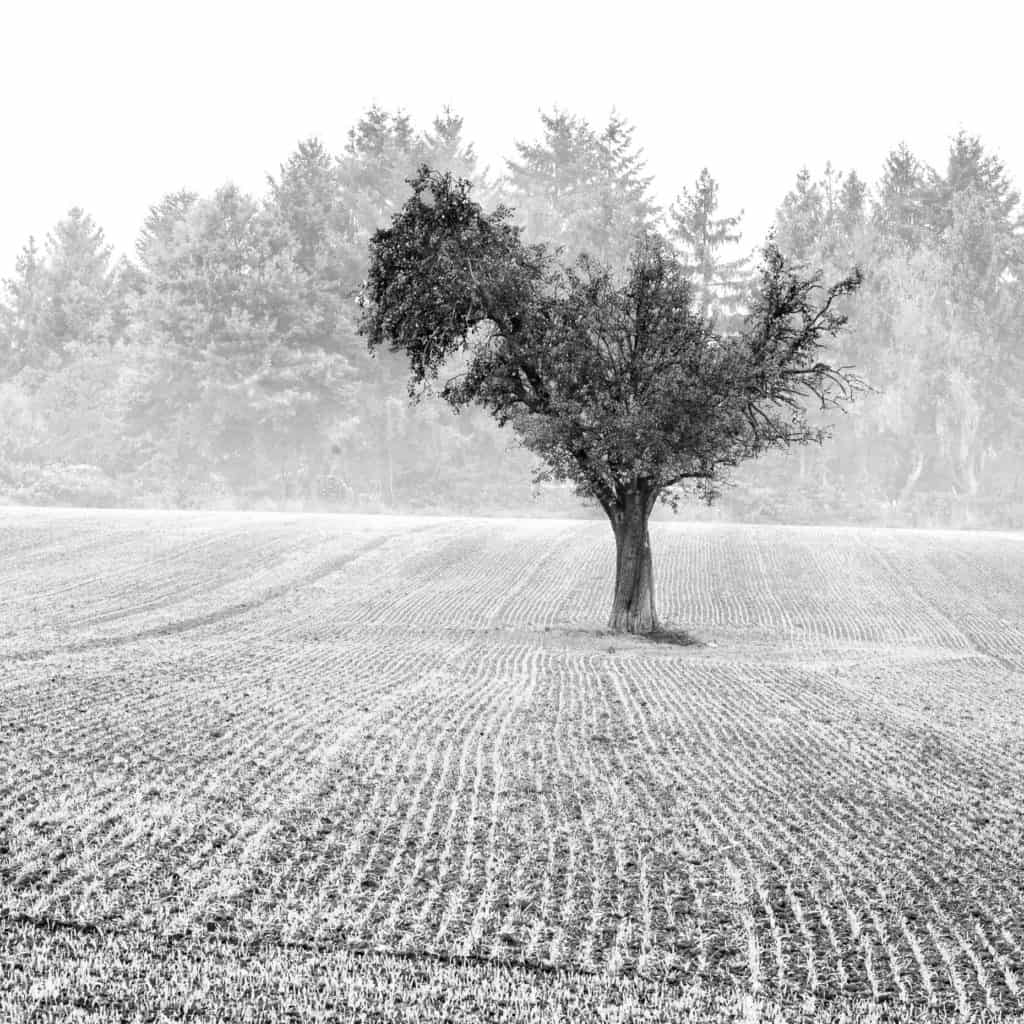
“Something you do”
Discipline doesn’t just happen mindlessly: it needs you to be deliberately practicing it. No matter if you are starting out in establishing a daily routine, practicing a task to discipline a side of your personality or a part of your daily life, or are a long time practitioner of any of that. Discipline will always demand intention and determination.
In January of 2019, I started to eat only once a day, around 10 AM, and fast until the next day. I started this voluntarily, on my own terms, as I realized I felt much better when I was eating fewer foods and less frequently. Three years later, I still go through some days when I struggle to keep up with such an eating routine. On such days, I have to deliberately resist the temptation to eat, which lasts for about an hour. After that, the desire to eat again goes away, my mind finds peace and can easily focus on whatever I’m doing, and I don’t feel like eating for the rest of the day. Because I went through this same experience many times in the past, I know that the benefits and wellness I’ll get by resisting the eating temptation and so this help me to keep fasting. Building experience allows you to rely on it and helps to keep up with your disciplined behaviour.
Discipline begets discipline.
If you accept to work the scene, to keep looking for better compositions, and to strive for an image that better illustrates your vision and feelings, chances are that you’ll keep doing so even when someone will point out some negative aspect of your photographs. Love the craft and the craft will make you his disciple.
I believe discipline is something worth working on, to attempt to improve upon and to strive to keep up. Undoubtedly there are times when we feel unmotivated to do so or question it’s importance when facing difficult times. In such moments it will be good to refer to past experiences where discipline served us well and helped us to transform a situation for the better. Relying on positive, first-hand experiences, will align our intent and renew our positive thinking towards discipline.
Of course, in order to rely on past experience, you need to have lived through them. This is why it is so important to start soon, now, or, even better, yesterday!
May it be towards a personal or a professional change. Each step in a new direction will sustain the next one, and so on.
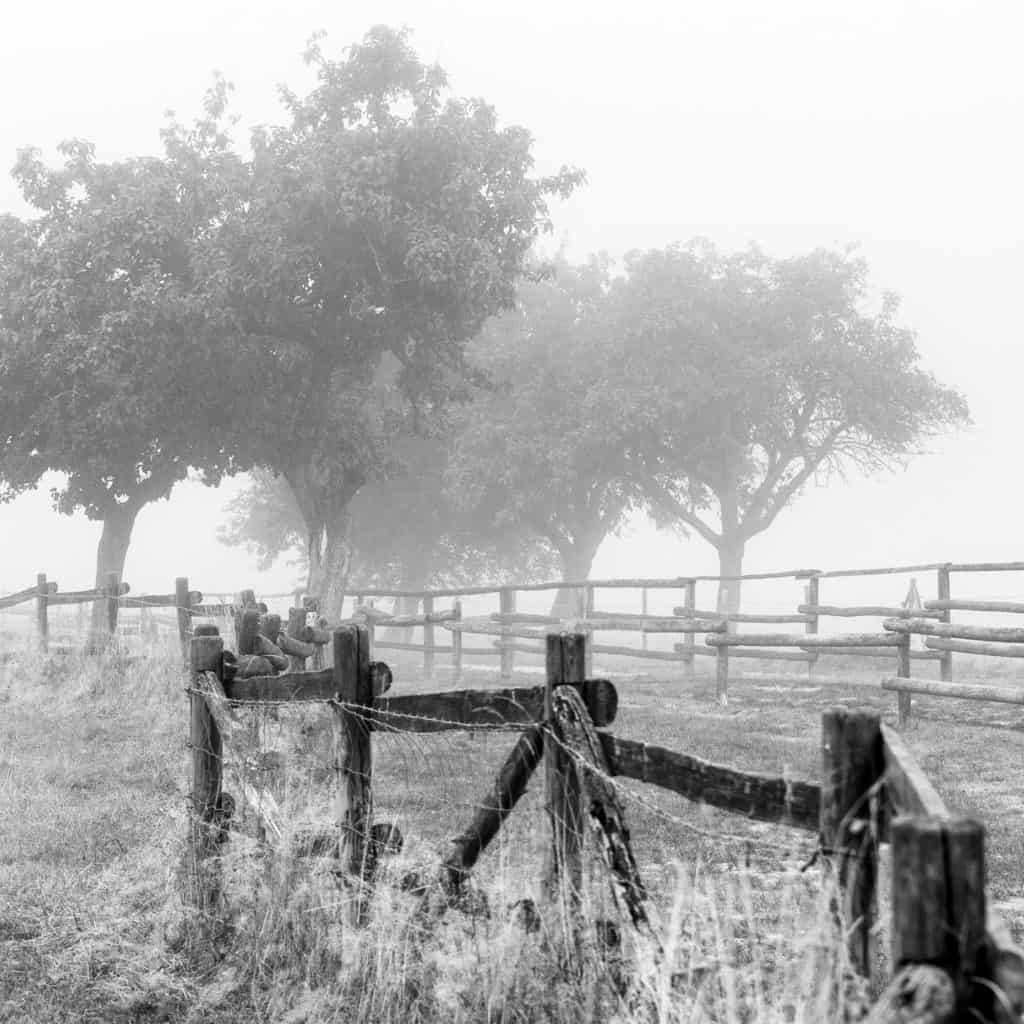
“When no one”
This is probably the most interesting part of the phrase.
When we are alone, we tend to be more mindful about teachings and advice we received in the past. Now it is our moment to act, to behave and work in the way we best see fit for ourselves and for the task at hand. No one is here to help us or make changes. Our sole way forward is through infinite trials and errors to shape ourselves and our path.
Cameron Miyazaki says that in these moments we will use discipline.
Self-reliance and self-discipline is what the impressionists called “Autonomy”, an essential trait to possess to reach what Paul Cézanne called “realization”: When our own vision transforms and we are finally able to understand it. In other words, comprehension comes to us.
Trusting in ourselves and relying on disciplined work is a good combination to keep trying without being discouraged by the inevitable and innumerable mistakes. Keeping up the needed motivation to go on with practicing and be ready to follow the ups and downs it will entail.
Furthermore, I believe that such a deeper level of personal growth, exploration and meaning is lived when we are creating something, may it be a single photograph or a long-term project, when no one is in us. By this I do not solely mean when we are physically alone in a place, tune out from the exterior world and tune into our feelings. But also when no one, besides us, is going to check or judge or value our work – therefore, when no one is in us. In other words, when we are working freely, simply to develop our own personal vision, following a personal taste, instead of working to attract a specific client, to win the appreciation of an exterior audience or to fulfil an external briefing.
To find and understand our vision we shouldn’t have anything else in mind but our sensibility.
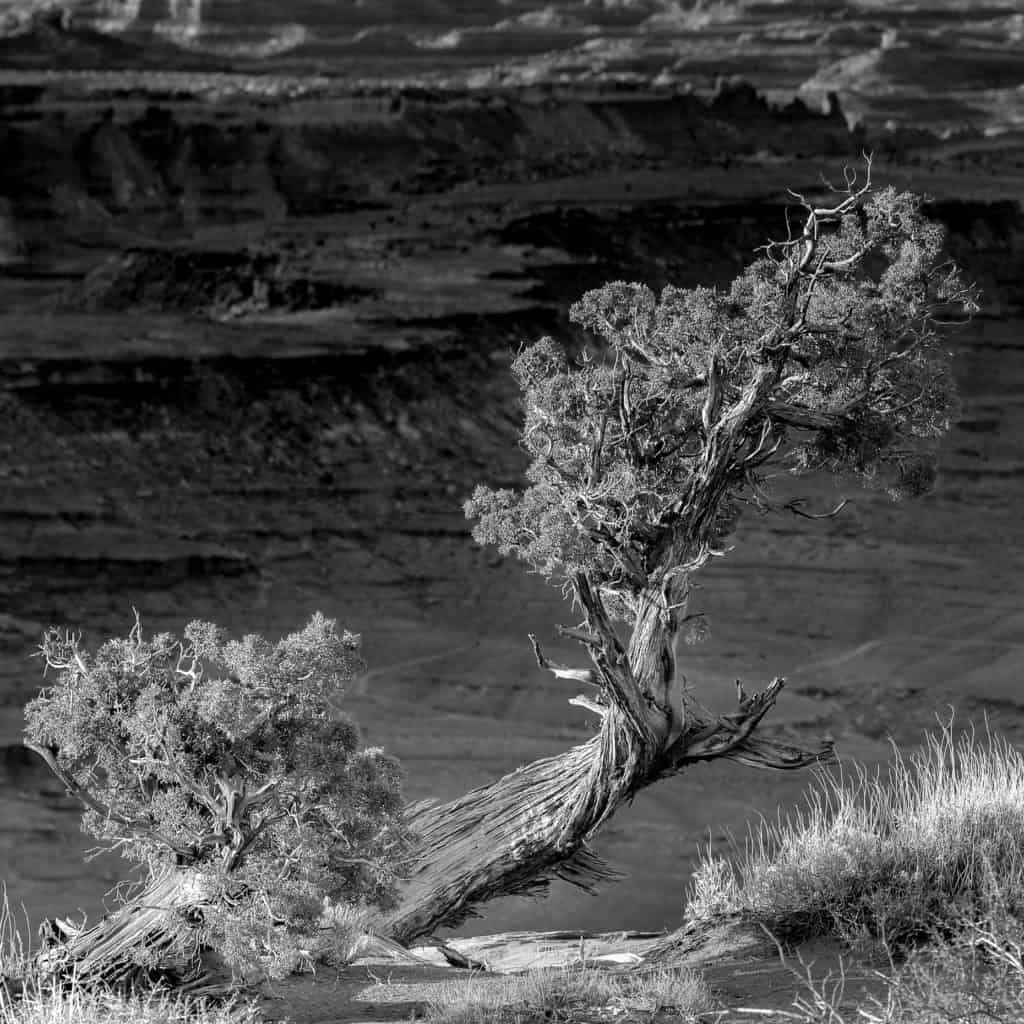
This is tricky because, as much as I believe so, I also think that we should make space for such a freedom of personal exploration and deep connection with our sensibility to flourish, when we have an advanced knowledge of our craft and an extensive experience with the chosen medium. I would not advise a beginner to blindly follow his presumptions without having learned the basics and done a good degree of practice on the field (…and a bit of history of art, especially painter’s biographies, maybe?…). Not only to learn the technical aspects of image-making, but, most importantly, to allow some time for himself to have a feel for the tools and the artform they can produce. To see its possibilities and its limitations, and compare them with his own desires and interests. To learn the medium and allow time for the medium to teach him something about himself.
Learning requires experimentation and it is indeed possible to learn at every stage. Vigorously studying and practising the basics can teach us a lot both about the tools and about ourselves. But once that is acquired, our best bet is to follow our interests and intuitions, disregarding exterior distractions.
As a side note, I’d like to add that I do not advocate the necessity to follow any schools or mentors, as I do not believe it to be strictly necessary. A healthy dose of curiosity, genuine passion, and strong determination will be more than enough!
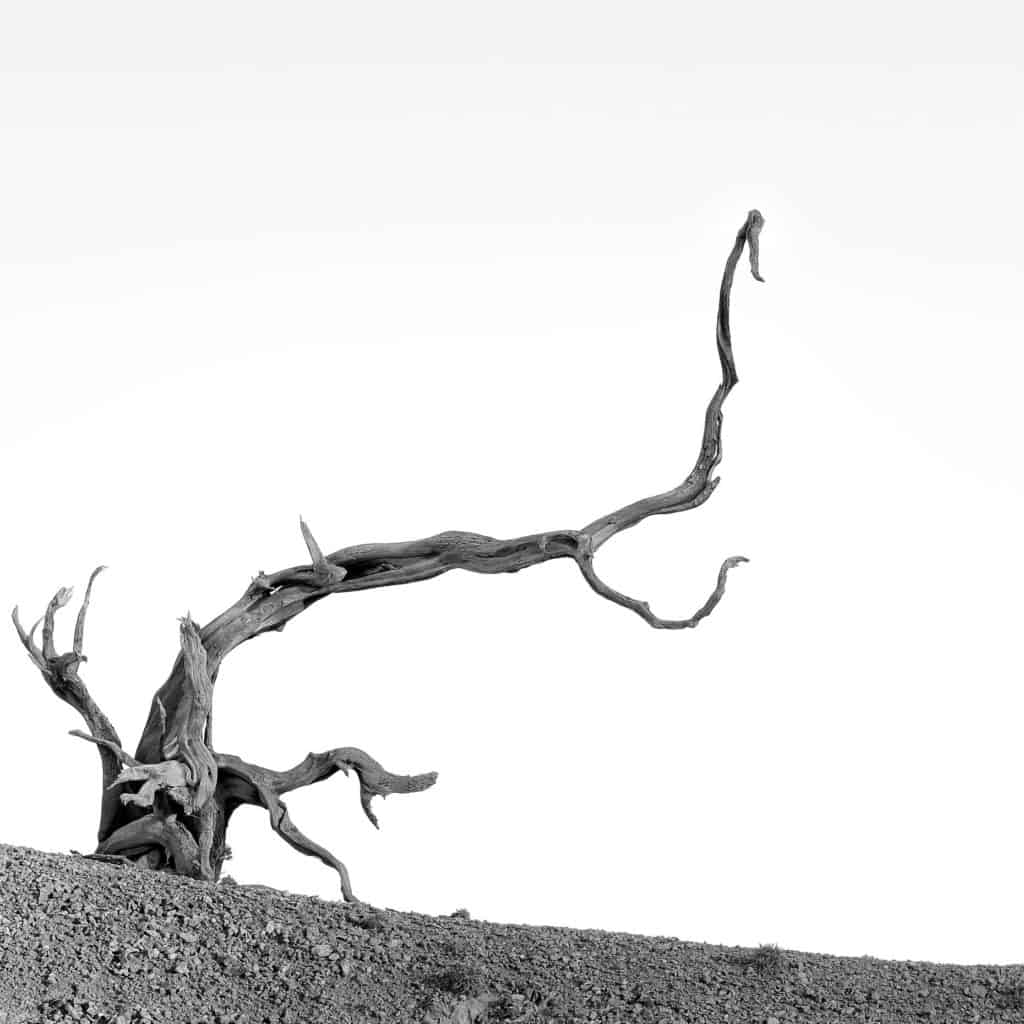
“Is watching”
What if someone could make you a great artist in a fraction of a second, bestowing it to you? Then having the world watching you and appreciating you for all the knowledge, all the skills, and all the (seemingly) hard-earned experience you possess.
Do you think you will be happy? I don’t think so.
It will undoubtedly be a short-lived and fleeting happiness, even for attention seekers. Lasting happiness and sincere satisfaction comes from overcoming difficulties.
It is not possible to enjoy external appreciation if you don’t deal with inner failures and shortcomings. Once you’ve dealt and embraced them, you’ll have no need for exterior appreciations anyway.
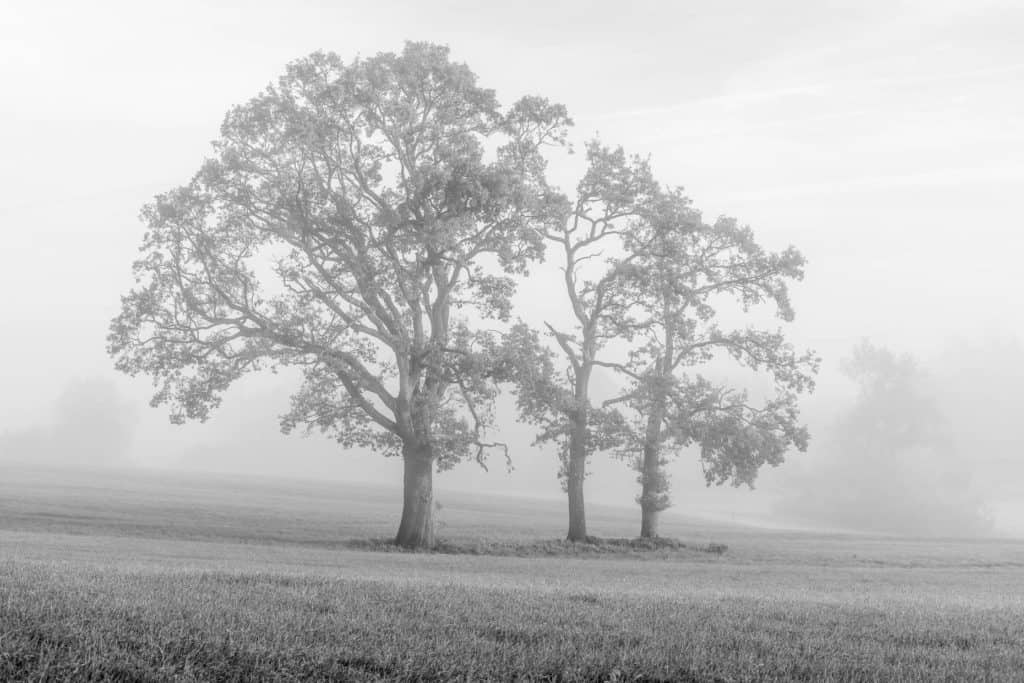
Moreover, you will not be able to find and develop your true voice if you don’t work on it. Nobody can do it for you. Whether someone is watching you, checking on your progress or not, each step along the way matters. You shouldn’t give up on the temptation to skip ahead or to save yourself from failings. Each setback will demand a reaction from you; your next move will shape your determination and your attitude towards the learning process. This will teach you something about your willpower to persist. The ensemble of your choices along your creative growth will give form to your artistic voice.
Creatives create for the unparalleled joy of practicing something truly and intimately meaningful to their soul. The act of improving upon their abilities and keep discovering more about themselves is the main incentive for their efforts and a never ending source of inspiration for their passion.
Be the one who watches over yourself. Be attentive of your moves and your feelings. Let your personal attention shape your path.
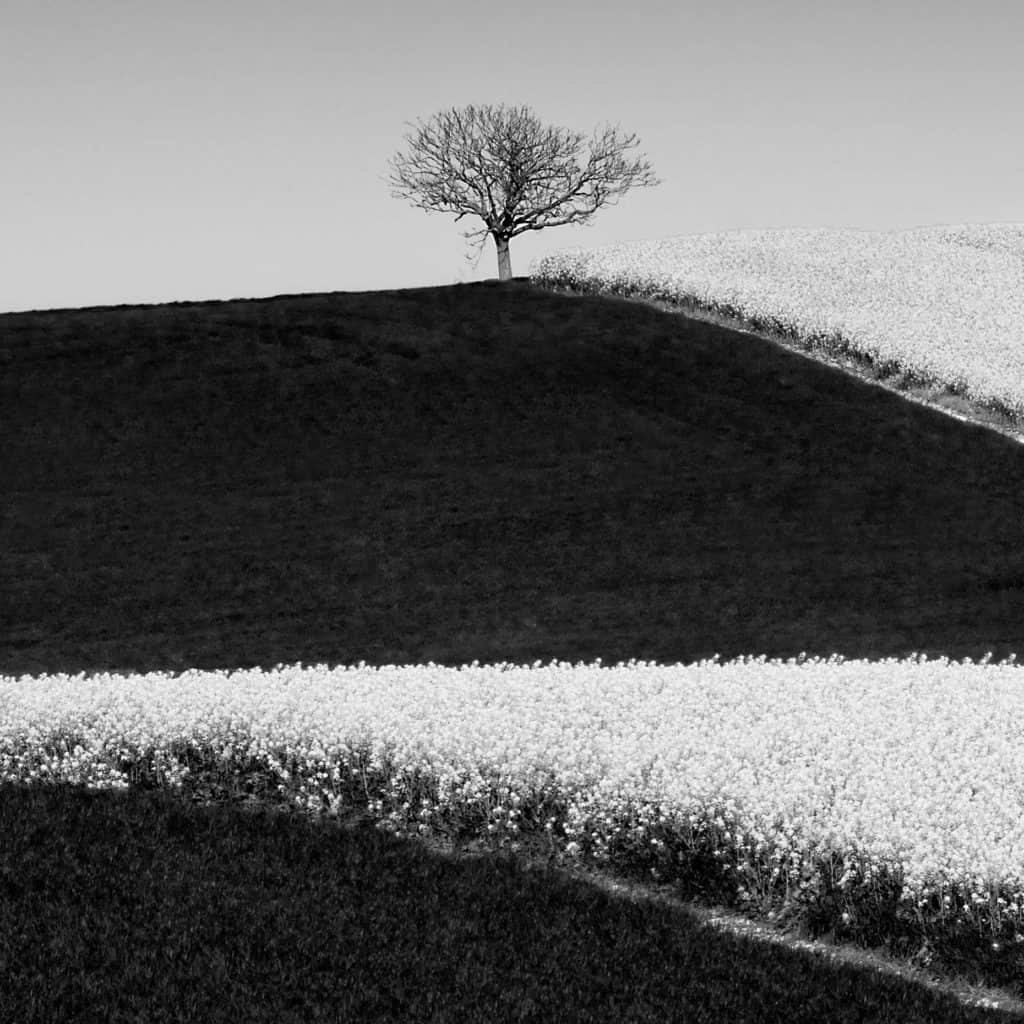
“You”
Discipline is often used to reach a goal that is pre-defined by our society. May it be the attainment of social status, a higher rank at work, or to gain more possessions. But such use of discipline can restrict us and turn us away from a deeper way to use discipline in our lives.
Although I, too, use discipline to diligently work toward a goal, the older I grow, the more I use it to more freely explore my interests.
I discipline myself to prioritize the study of my changing persona, to give it time and thought. This resulted in important and life-changing personal discoveries, which continue to have an impact on my personal and professional life, simply because such a newfound awareness of myself greatly helps me in making choices.
Since I can remember, I have profoundly and passionately delved into what is most meaningful to me, but when I changed my implementation of discipline, I began to say “no” and realised the importance of giving such an answer. Moreso, with time, I retracted myself from some professional contacts, even some big ones, to keep the focus on my own evolution, instead of putting it on pause for years to work on a project for a client. I wouldn’t have had time to think and keep the focus on myself to foster my true interests and development. I know that, through personal projects, I can create more personal and meaningful work, which will undoubtedly be much more important and significant to my artistic evolution than through any commissioned jobs.
This could have all been lost If I had followed the transitory desires to work on a “big” contract and the relative status that may have come with it.
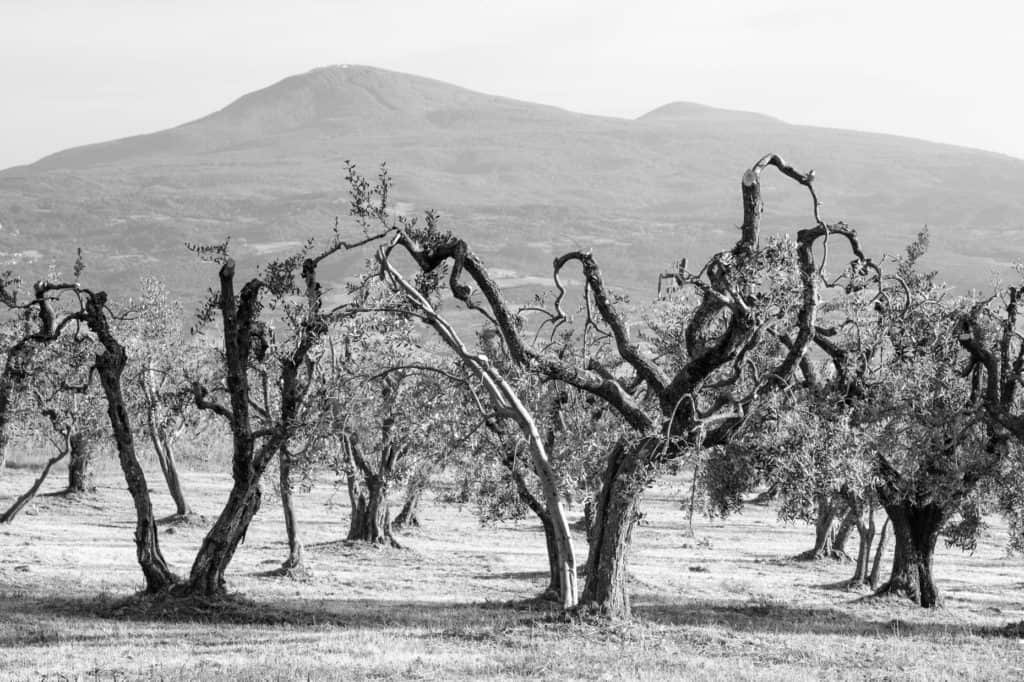
By deliberately aiming to create and maintain tranquillity and peace of mind, which is not always easy, such adjustment in attitude towards the use of discipline comes effortlessly.
Let go of the titles you use to define yourself. Sure, they may be useful in a conversation, as an introduction, but, deep inside, let them go.
Who am I? Simply someone invested in my own interests and evolution. If we will all be like this, there will be no more reason for envy and jealousy, as we will all be too taken by our own passions and our personal and professional journey to have any incentive in wasting our energies to worrisome and frivolous preoccupations.
Turn off Notifications for Articles
If you prefer not to receive notifications about future articles, please click here to modify your notification preferences. You can remove any tags you do not want to be notified about under the Watching First Post section. These are broken down by genre, so if you only want to get notifications about landscape, macro, etc., you can do that here.